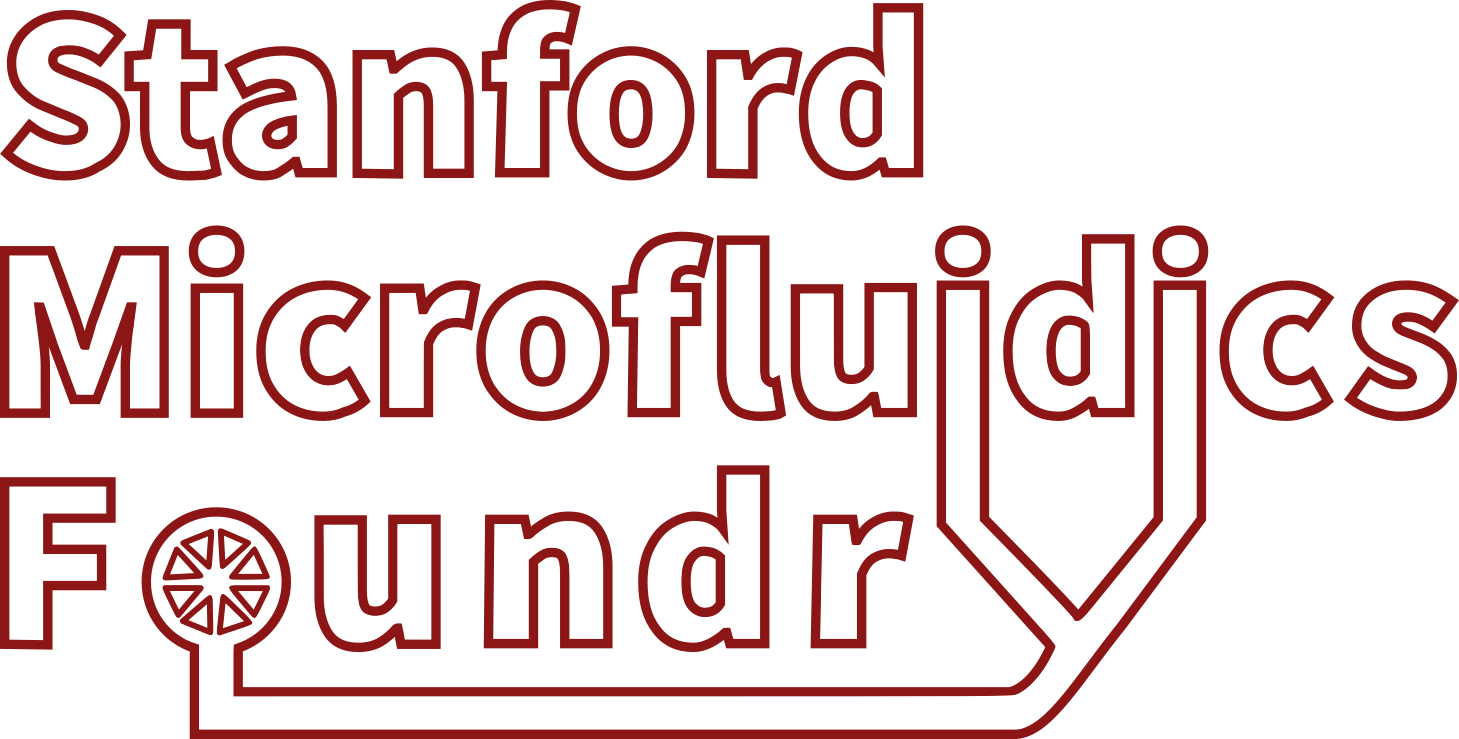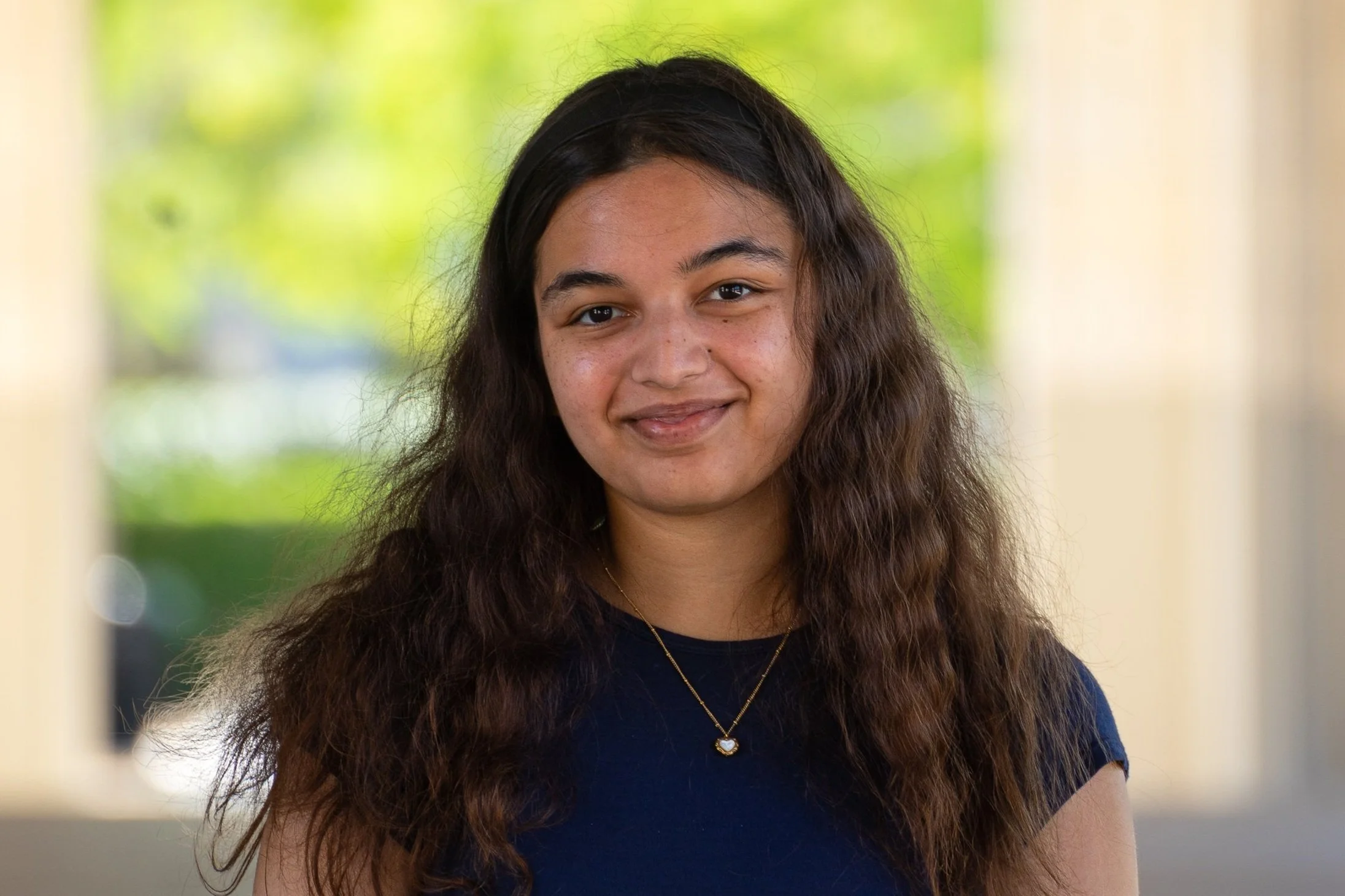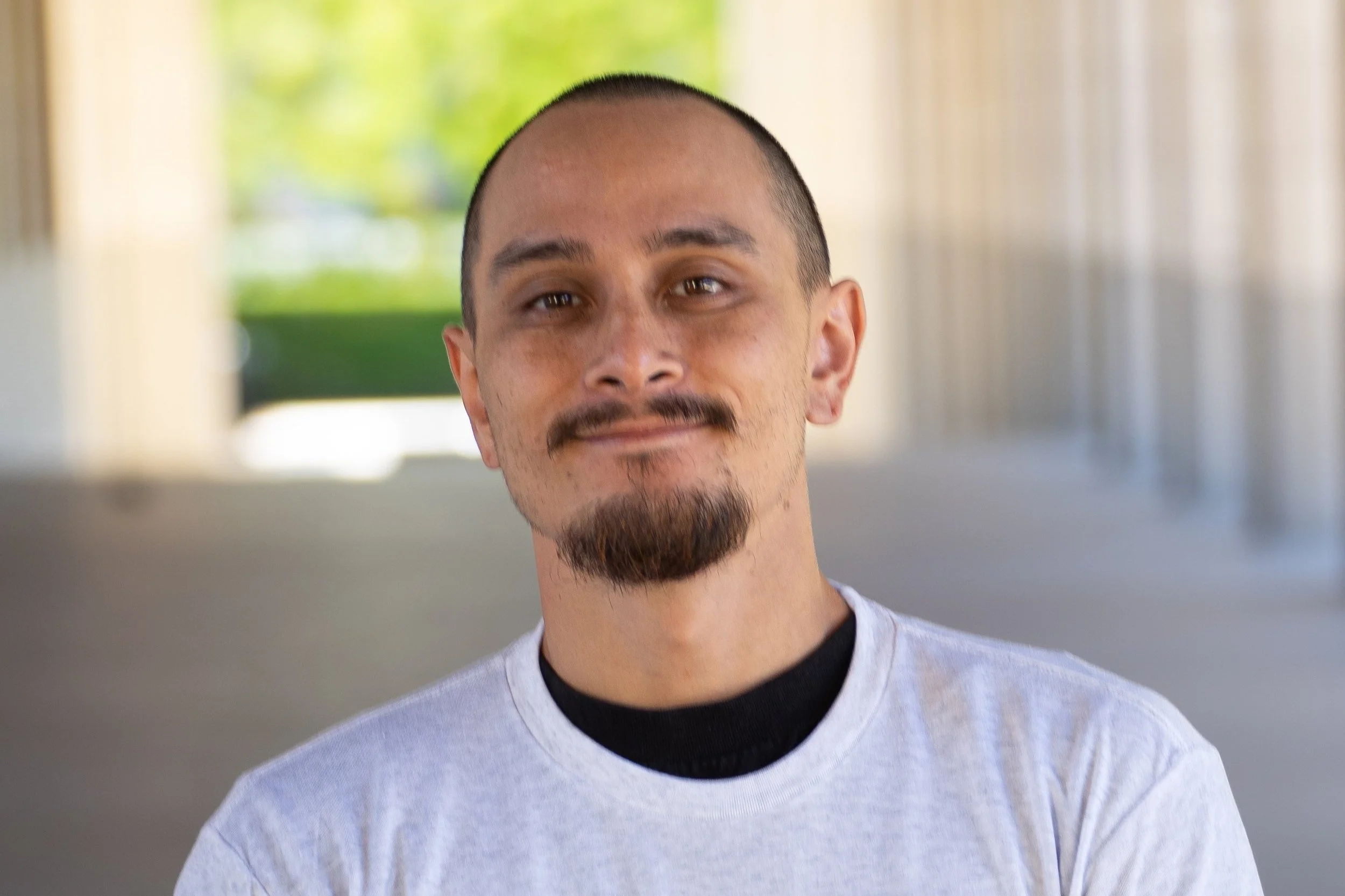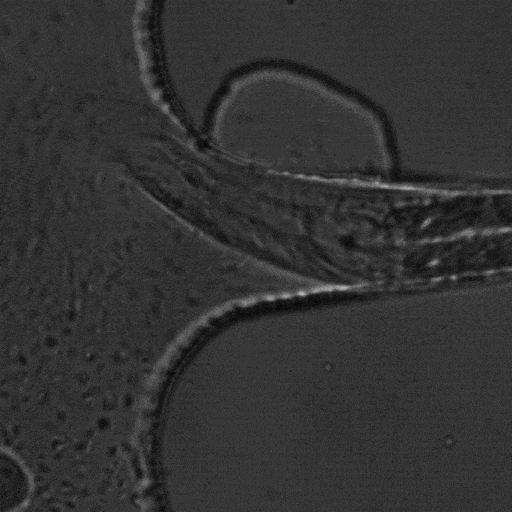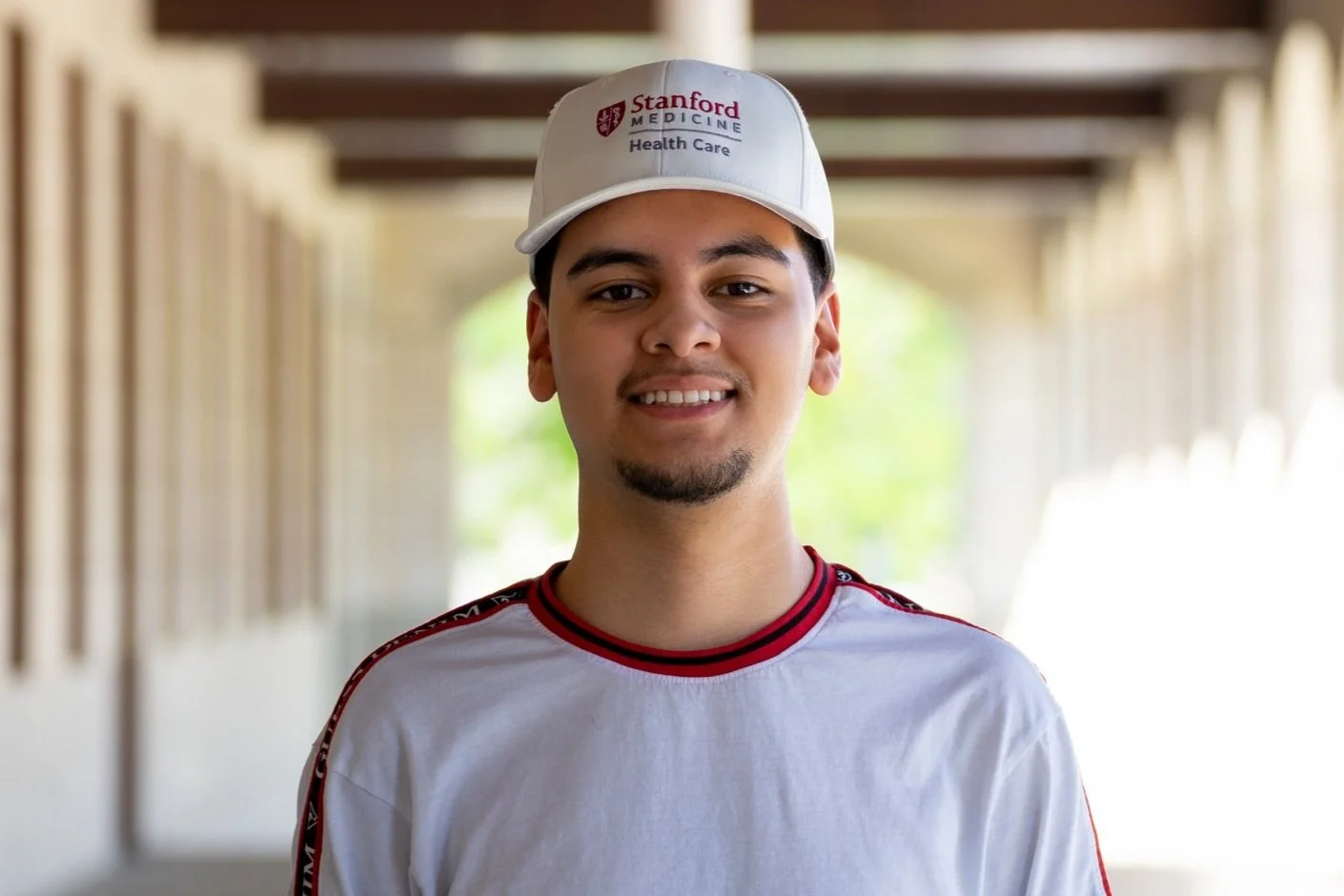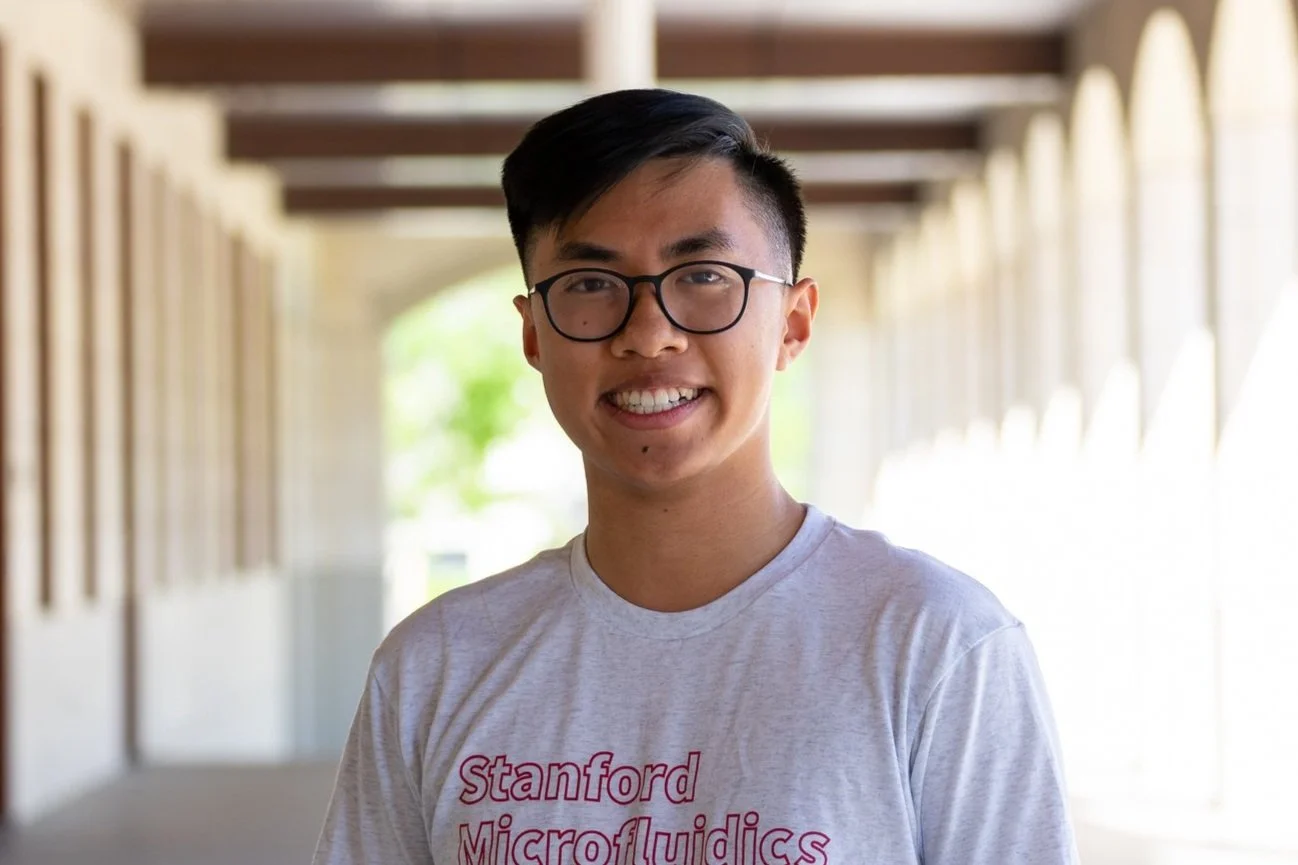Summer Research Program
We host a paid 8-week research program designed to provide community college students a structured and mentored research experience. Students work in teams to solve a biological question using a microfluidic device. Our program pairs you with expert mentors from biosciences and microfluidics, guiding you through interdisciplinary teamwork. You will learn how to build your own microfludic device and use it to gather experience with experimental design and troubleshooting, data acquisition and analysis. In addition, you will participate in career development programing including workshops on how to communicate your science effectively, ensuring you're equipped with skills for success in any scientific endeavor. Social events with other interns and Stanford researchers will expose you to other research and help build your scientific network! At the end of the program, you will be able to celebrate and present your progress at a research symposium. Final decisions for Summer 2025 program were sent on April 18, 2025.
2024 Summer Research Program Interns
Observing Cell Migration in L2 C. elegans Using Microfluidic Immobilization
Team Worms: Denisse, JuanPablo and Nick
Mentor: Ayaka Kasamatsu, Feldman Lab
This project was an extension of a BIOE301D project in which students designed and optimized worm traps to successfully immobilize L2 mutant C. elegans. The interns re-designed, fabricated and tested these devices ensuring sufficient immobilization while allowing feeding to obtain 10 hours of continuous imaging. These devices continued to be used by the collaborators in their experiments.
In this project our interns developed multiple iterations of valved devices that enabled simultaneous application and measurement of force on different molecules. The devices continued to be used by their mentor to expand their current research.
2023 Summer Research Program Interns
Determining the Effect of Compression on Mutant C. elegans Through Long Term Imaging
Team Worms: Daisy, Evan and Raymond
Mentor: Lauren Cote, Feldman Lab
This project was a continuation of a BIOE301D project in which students designed and optimized worm traps to successfully immobilize L1 mutant C. elegans to aid in the visualization of their gut repair over multiple days. The interns designed, fabricated and tested these devices to confirm worms remained alive and to investigate whether or not the width of the traps (which led to various levels of compression) had an effect on the repair process. These devices are currently being used by the collaborators to continue with long-term imaging experiments.
In this project, our interns were interested in using a microfluidic droplet generator to generate beads to selectively remove pollutants from wastewater. Since the composition of these beads required novel polymers that hadn’t been used to make beads before, they developed a systematic pipeline to narrow down the formulations that could be successful at creating beads on-chip. In addition, they redesigned the microfluidic devices to increase their device production by 400%. During the summer, they screened 38 novel formulations and found 3 that generated stable beads. The beads are currently being tested by their collaborators to assess their functionality.

Jasper Ridge Biological Preserve Fieldtrip with SMF-SRP, NeuroCC and CCOP interns

Social mixer SMF-SRP & NeuroCC
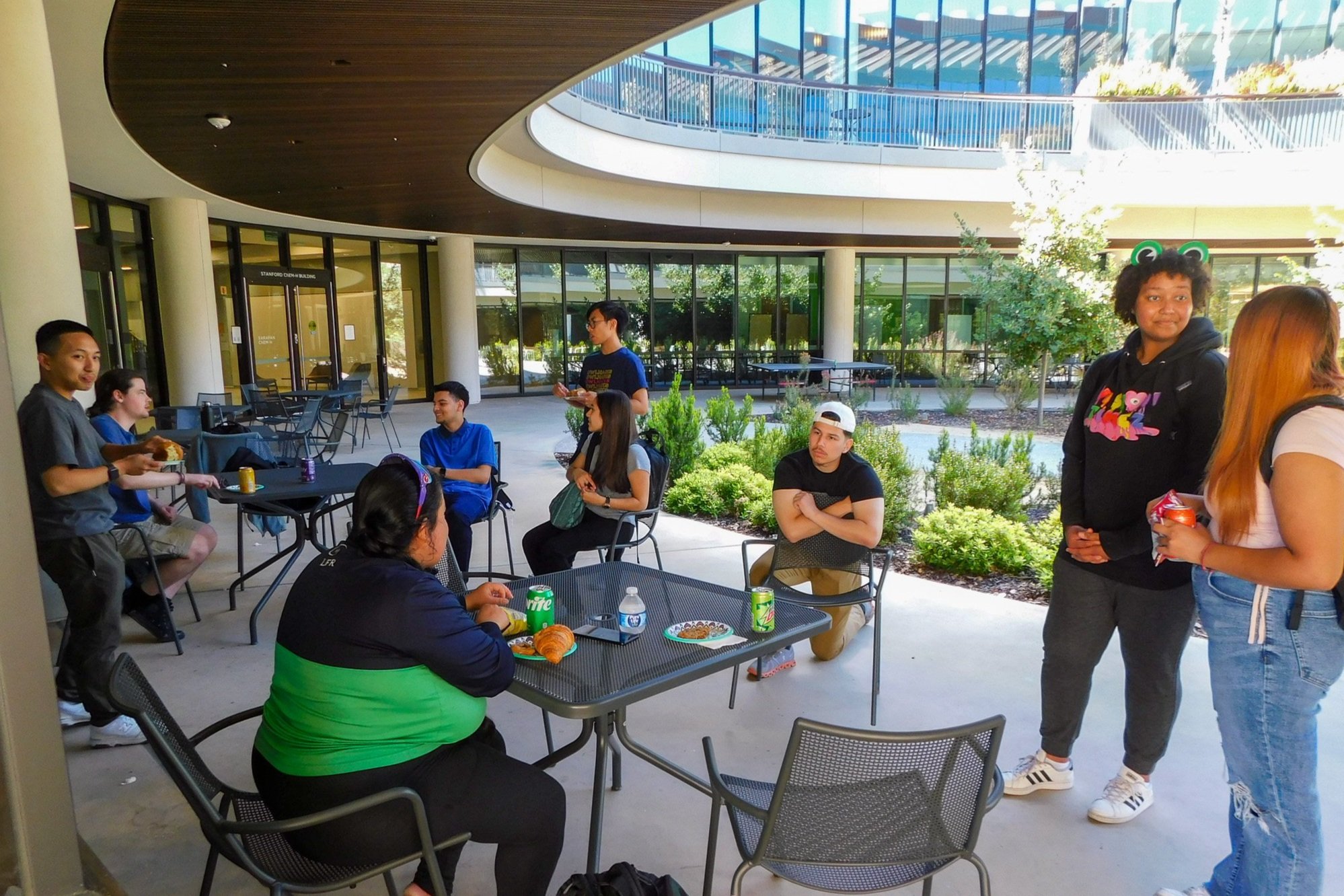
Social mixer SMF-SRP & NeuroCC
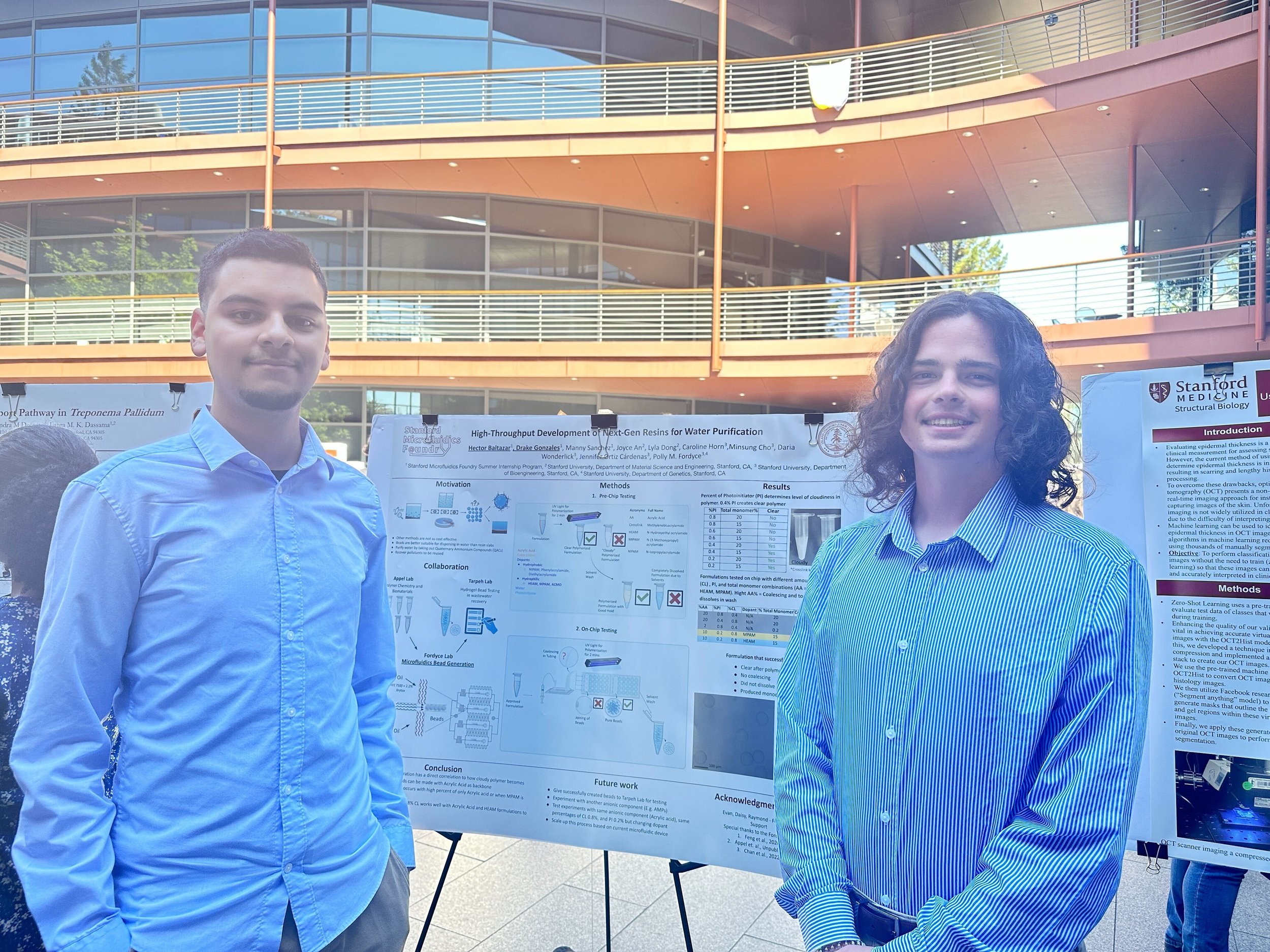
Team Beads Poster Session - Aug 4

Team Worms Poster Session - Aug 4

Team Beads Poster Session - Aug 17

Team Worms Poster Session - Aug 17

Team Beads Final Talk

Team Worms Final Talk
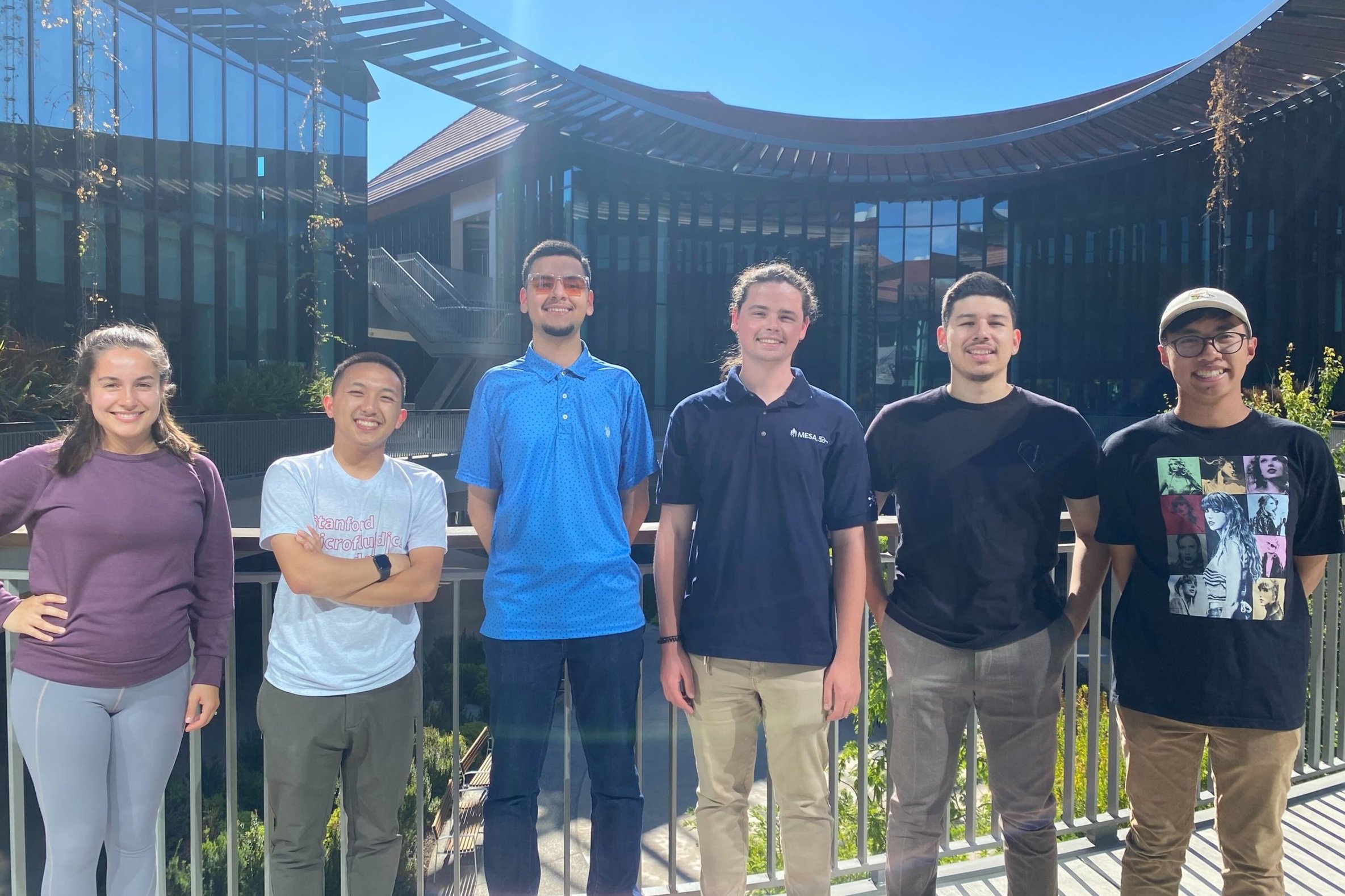
2023 Interns

Raymond and Evan inspecting their devices in the cleanroom
